Lithium in Mineral Drops
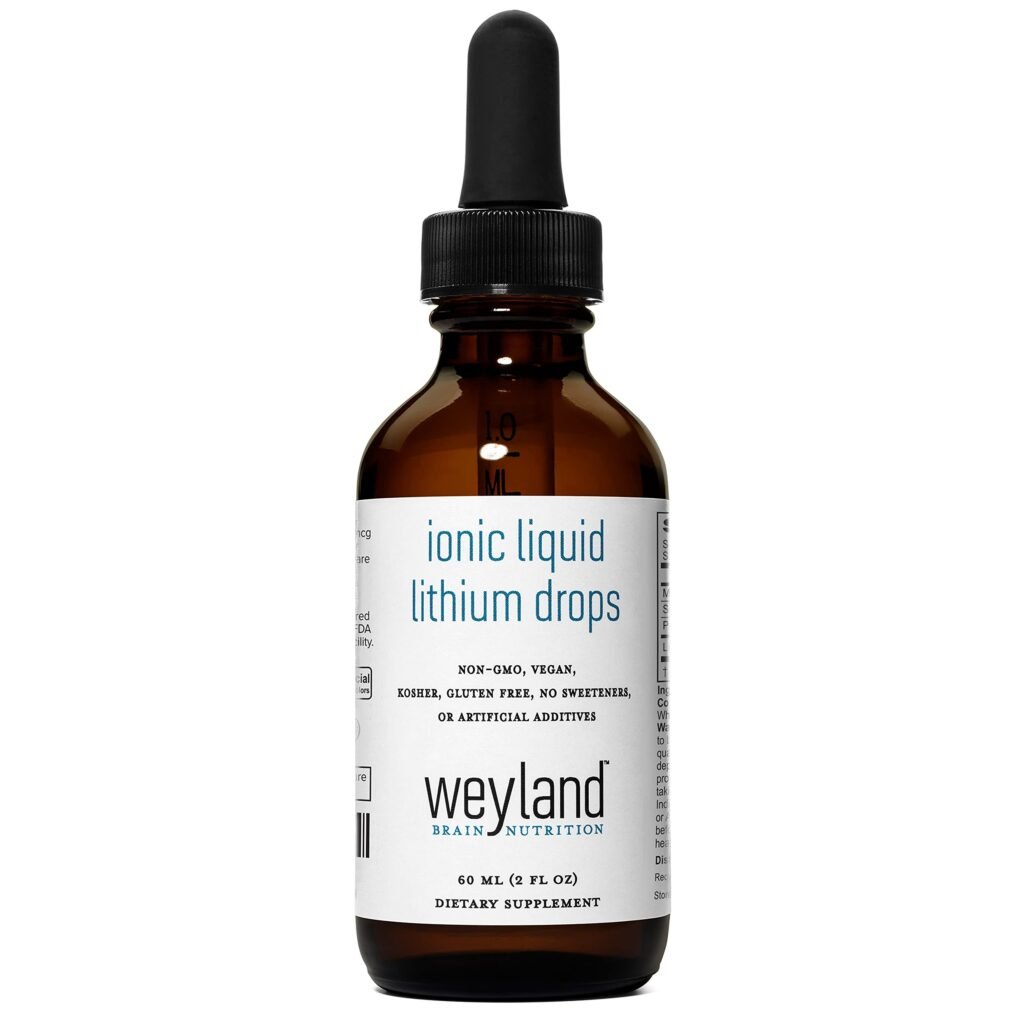
Lithium in mineral drops refers to low-dose lithium supplements typically sold in liquid form, such as lithium orotate or lithium carbonate. These drops are often used as part of holistic health routines to support mood stability, brain function, and emotional wellness.
Although lithium is not officially classified as an essential nutrient, trace amounts may play a role in neurological health, and some studies suggest that low-dose lithium can support emotional balance and cognitive function.
1. What Are Lithium Mineral Drops?
Lithium mineral drops are dietary supplements that contain microgram amounts of lithium, usually in the form of lithium orotate or lithium carbonate. These drops are typically taken orally, diluted in water or juice, and used for daily mental wellness support.
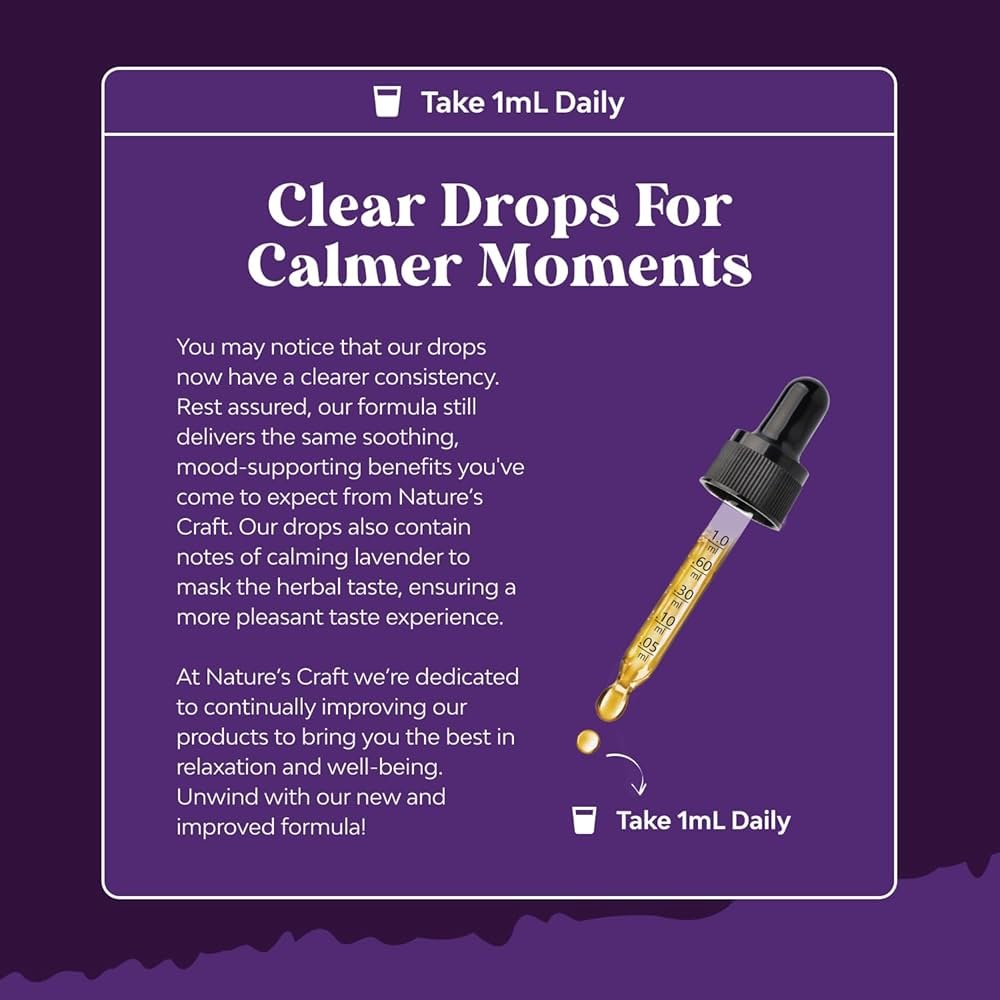
2. How Do Lithium Drops Support Brain Health?
Lithium works by influencing neurotransmitter activity, particularly serotonin and dopamine, and by inhibiting enzymes like GSK-3β, which are involved in mood regulation and neuroprotection.
At low doses, lithium drops may help:
- Stabilize mood and reduce irritability
- Support cognitive function and memory
- Promote emotional balance and calm focus
- Enhance sleep quality and reduce anxiety

3. Lithium in Drinking Water vs. Mineral Drops
Lithium occurs naturally in some mineral waters, especially in regions with lithium-rich geological formations. Studies have found that low-level lithium exposure through water may be associated with lower rates of depression, suicide, and neurodegenerative diseases.
Lithium mineral drops offer a controlled, supplemental source of lithium for people who may not live in high-lithium water regions or who want targeted support for mood and brain health.
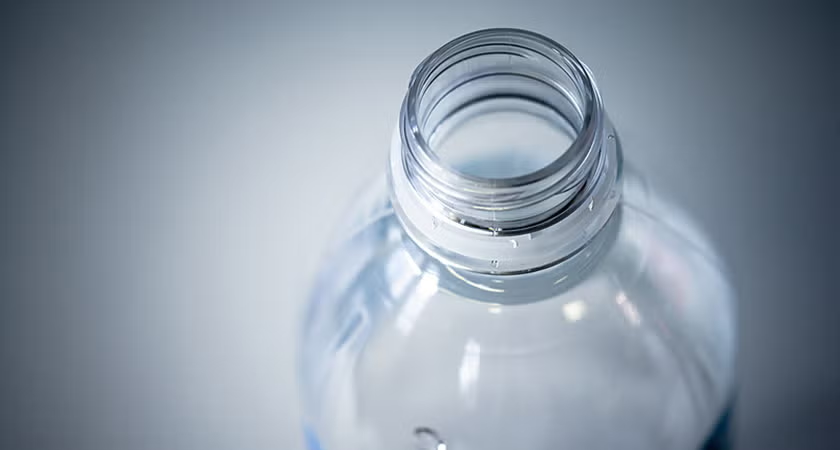
4. Benefits of Lithium Mineral Drops
While not a substitute for prescription lithium therapy, low-dose lithium drops are often used for:
- Mood regulation and emotional balance
- Reduced aggression and irritability
- Improved sleep and mental clarity
- Neuroprotective effects (early research suggests potential benefits in Alzheimer’s and Parkinson’s disease prevention)
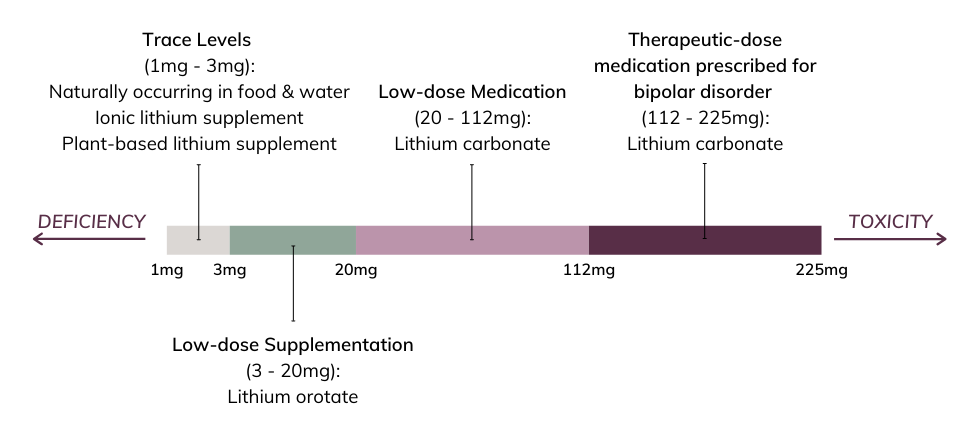
5. Safety and Dosage of Lithium Drops
Lithium drops are generally considered safe at low doses, but should be used with caution:
- Typical dose: 5–20 mg of lithium orotate per day (microgram levels)
- Not a substitute for psychiatric medication – people on lithium carbonate therapy should not use drops without medical supervision
- Contraindications: Kidney disease, high blood pressure, or use of diuretics
- Monitoring: Lithium levels should be monitored if used long-term or with other medications
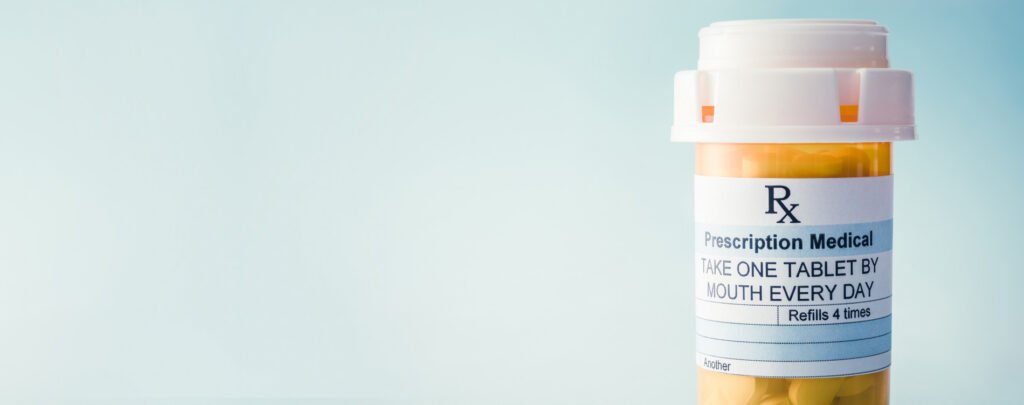
FAQs
Q1: Are lithium mineral drops safe?
A1: Yes, when taken at recommended doses. They contain microgram levels, much lower than pharmaceutical doses used for bipolar disorder.
Q2: What are lithium drops good for?
A2: Supporting mood stability, brain health, and emotional wellness. Some users report benefits in sleep, focus, and stress management.
Q3: Can I take lithium drops with medications?
A3: Consult a healthcare provider before combining with psychiatric medications or if you have kidney issues.
Conclusion
Lithium in mineral drops offers a supplemental way to support brain health and emotional wellness. While not a replacement for medical treatment, these drops may help those looking for natural mood support, especially in areas where lithium levels in water and food are low.
As research continues to explore the neuroprotective and mood-stabilizing effects of low-dose lithium, mineral drops are becoming a popular option in preventative and integrative health.

